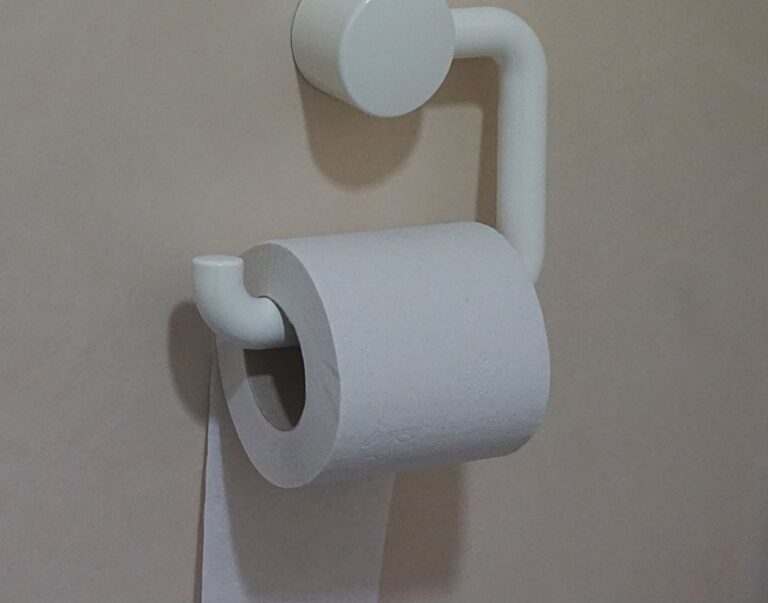Living with Persistent Flatulence: Understanding the Causes and Solutions

Flatulence, commonly known as passing gas or farting, is a natural bodily function. It’s something that happens to everyone, and it’s usually nothing to be embarrassed about. However, for some individuals, flatulence can become a persistent issue that affects their daily life. In this post, we’ll delve into the world of persistent flatulence, explore its potential causes, and discuss possible solutions.
Understanding Persistent Flatulence:
Persistent flatulence refers to a condition where an individual experiences frequent and excessive gas production, resulting in the release of gas multiple times throughout the day. While occasional flatulence is normal, persistent or excessive flatulence can be uncomfortable and socially awkward.
Potential Causes of Persistent Flatulence:
- Diet: One of the most common culprits behind persistent flatulence is diet. Consuming foods rich in fiber, like beans, lentils, broccoli, and cabbage, can lead to increased gas production. Additionally, carbonated beverages, artificial sweeteners, and some dairy products can contribute to flatulence.
- Gastrointestinal Disorders: Certain gastrointestinal conditions, such as irritable bowel syndrome (IBS), lactose intolerance, or celiac disease, can lead to persistent flatulence. These conditions affect the way your body digests and processes food.
- Swallowing Air: Some people swallow air unintentionally while eating, drinking, or talking. This excess air can lead to increased gas in the digestive system and result in flatulence.
- Medications: Certain medications, such as antacids or laxatives, can cause flatulence as a side effect.
- Stress and Anxiety: Emotional stress and anxiety can impact the gastrointestinal system, leading to excessive gas production and flatulence.
Dealing with Persistent Flatulence:
If you’re experiencing persistent flatulence, there are steps you can take to manage the issue:
- Identify Trigger Foods: Keep a food diary to pinpoint which foods or beverages tend to exacerbate your flatulence. Once you identify them, consider reducing your consumption of these trigger items.
- Eat Mindfully: Chew your food slowly, avoid swallowing air, and practice mindful eating. This can help reduce the amount of air entering your digestive system.
- Dietary Changes: Modify your diet to include more easily digestible foods and reduce gas-producing items. Consult with a registered dietitian for personalized advice.
- Medication Review: If you suspect that medications are contributing to your flatulence, consult your healthcare provider to discuss potential alternatives.
- Stress Management: Engage in stress-reduction techniques such as meditation, yoga, or deep breathing exercises to help manage emotional stress that may be contributing to your condition.
- Consult a Healthcare Provider: If your flatulence persists or is accompanied by other digestive symptoms, it’s advisable to seek medical guidance to rule out underlying gastrointestinal conditions.
Conclusion:
Living with persistent flatulence can be challenging, but with the right approach, it’s possible to manage the condition effectively. By understanding potential causes, making dietary adjustments, and seeking professional guidance when needed, individuals can regain control over their digestive health and reduce the impact of persistent flatulence on their daily life. Remember, you’re not alone in this, and there are solutions available to help you manage and improve your quality of life.








I can’t believe what has happened here!!!!!